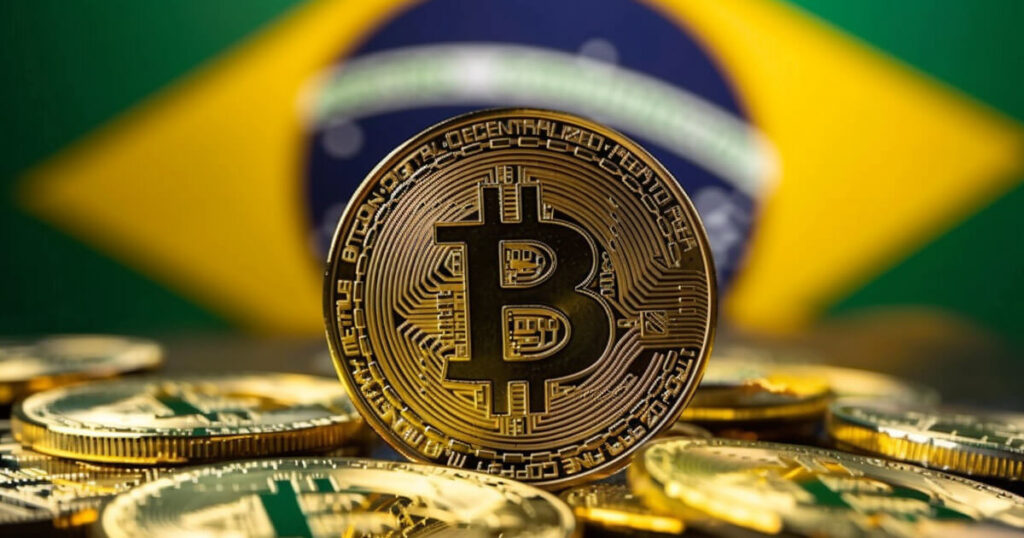Brazilian lawmaker Eros Biondini recently introduced groundbreaking legislation proposing the creation of a Bitcoin Sovereign Strategic Reserve (RESBit) in Brazil. This reserve would allocate up to $18.6 billion, which is equivalent to 5% of Brazil’s international reserves as of September.
The primary objective of this bill is to diversify Brazil’s Treasury assets, safeguard international reserves against exchange fluctuations and geopolitical risks, and serve as a backing for the country’s central bank digital currency (CBDC), the Drex. By establishing the RESBit, Brazil aims to modernize its technological and financial management to enhance competitiveness in the global digital economy.
The legislation highlights the success of countries that have embraced blockchain technology in national finance management, such as El Salvador, the US with the approval of exchange-traded funds (ETFs), the Chinese digital yuan, Dubai’s emergence as a crypto hub, and the MiCA regulation in the European Union. Additionally, the bill acknowledges the growing acceptance of crypto as a legitimate asset class, evidenced by its market cap reaching $3.5 trillion.
Under the proposed bill, Brazil’s Central Bank and Ministry of Finance would be responsible for the custody of Bitcoin within the RESBit. They would also be required to provide regular reports on the acquisitions, performance, security, and risks associated with the reserve every six months.
In addition to diversifying international reserves, the legislation emphasizes the importance of fostering research and development in blockchain technology. This educational push includes training public agents to participate in the RESBit initiative, developing academic programs focused on blockchain, cryptocurrency, and cybersecurity at public educational institutions, and encouraging startups to undertake crypto-related projects.
Eros Biondini stated that the establishment of the RESBit is a strategic move that positions Brazil as a leader in the new digital economy, reducing economic risks and expanding technological and financial development opportunities. According to Chainalysis’ latest report, Brazil ranks 10th in the global crypto adoption index and has received the second-largest amount of crypto between 2022 and 2023.
This legislative proposal signifies Brazil’s commitment to embracing blockchain technology and crypto assets, aligning with global trends and positioning the country for future growth in the digital economy.

